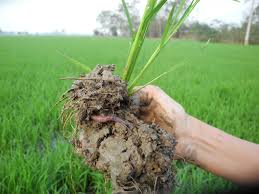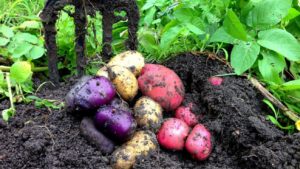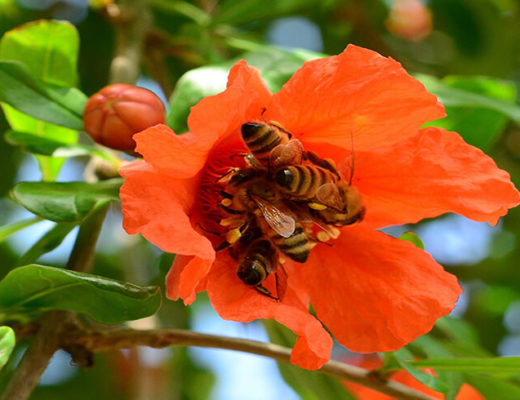What are earthworms?
Who has not seen an earthworm crawling in and out of the soil? These long cylindrical, long bisexual organisms of the genus Lumbricus are also informally known as “dew-worm”, “night crawler”, “rainworm”, and “angleworm”. Based on the species, earthworms range from 10 mm long and 1 mm wide to 3 m long and over 25 mm wide. (Wikipedia) Terrestrial Lumbricus grows to around 360 mm in length. Besides being a biologists organ physiological material, he reddish to brown colored creatures are friends of the soil environment in many ways. The soil environment determines the quantity and quality of food and especially that of organic food.
How is earthworms farmers’ best friend?
Farmers and gardeners need a congenial, soil nutrient environment to grow his crop. According to the environmentalist, an earthworm is “the ideal soil analysts (Wikipedia). The benefits of earthworm are innumerable in making the soil congenial for nutrient availability. You may wonder how earthworms can be farmers’ best friends. Let us see at least 5 benefits to convince you to avail the advantage of crop production with these harmless organisms.
5 Benefits of Earthworm to the plant environment
1. Earthworms improve the availability of nutrients
Plants depend on nutrient in available form to take up and convert into food. Did you know that earthworms feed on debris, dead, decomposed materials animal waste and mostly cow dung? The long bodies tunnel down the soil and feed on whatever they find in their way. The digestive system of the worm gathers the organic and inorganic mineral constituents they feed on. So the castings basically earthworm waste, is richer than the surrounding soil. As they move along the worms leave their cast with the nutrients. As the worms decompose quickly the soil becomes high in nutrients, they add to the soil fertility. Nitrogen and other nutrients are readily available to the plant. So, without the external addition of nutrition, your garden give a fabulous crop.

Earthworm allows nutrient availability in rice plant
2. Earthworms amend the soil texture and structure
Not all soils are the same. The texture and structure depend on the relative proportion of silt, clay, sand, and water present in the soil. The combination of properties determines water holding capacity, drainage availability of nutrients to the plants would like to grow. Earthworm casts can cement soil particles and hold moisture. Research on earthworm castings has shown that it enriches topsoil that is the substratum required for healthy growth of your food crops.
3. Earthworms improved soil drainage
Many plants cannot take up nutrients in waterlogged conditions. When earthworms burrow and channel through the soil is loosened to allow excess water to drain out. So why not help your soil to shed off extra water which is around about 10 times higher in the presence of the earthworms. Conversely, chemicals and pesticides kill these earthworms and destroy the natural biological life of earthworms.
4. Earthworms help aeration of the soil environment
During the burrowing process, the soil is tilled up and down, allowing oxygen to reach the topsoil layers. Earthworms ventilate the soil and “condition the food materials needed by the roots of plants.” Sir Albert Howard went on to call earthworms “the ideal soil analysts,” claiming they can “furnish the gardener with a report on the state of his land far more instructive than anything the soil scientist has so far provided.” Who wouldn’t take such an opportunity of rearing earthworms?
5. Benefits of earthworm in increasing production of crops
The uptake of nutrient by plants in the available form enhances the help for optimum growth and reproduction. Studies reveal that if you have 20 to 30 worms in a square foot of land it is enough to thrive your food web. If you have earthworms present in your soil you will not have any poisonous effects of fertilizers. There is an easy release of nitrogen tied up with other elements or the organic matter of the soil. Results, therefore, show that there is at least a 25% increase in crop yield.
Vermicompost– an important way to get the benefits of the earthworm.
Vermicomposting otherwise known as ‘worm casting’ to produce vermicompost is the product of the composting process using various species of worms, with cow dung and a mixture of decomposing vegetable or food waste in a bed for 4 to 6 weeks. A result is a dried form of organic fertilizer rich in nutrients. You can purchase your indoor vermicomposter or buy small bags to try out your greening venture. Vermicomposts are today’s safe organic fertilizer for organic food lovers.

Organic vegetables made by composting earthworm





No Comments